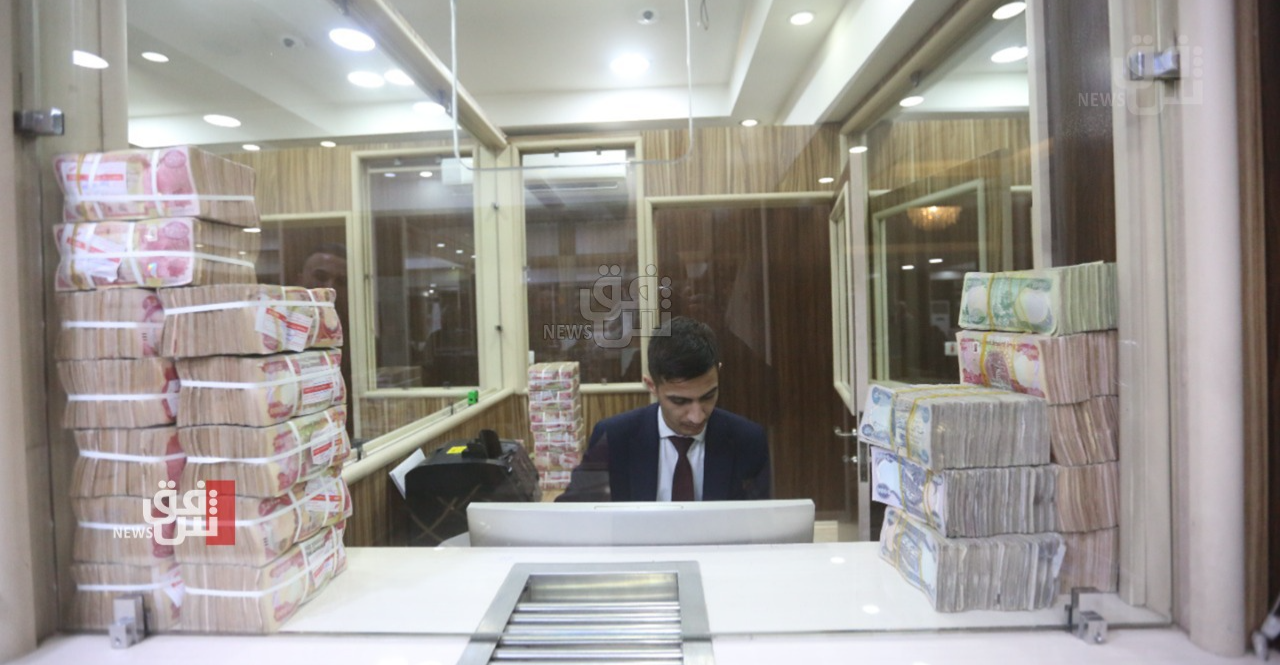Controversy over the effectiveness of “economic laws” in Iraq
 Controversy is growing over the enactment of new laws to reform Iraq’s banking system, with economists emphasizing the importance of updating them to reflect current developments.
Controversy is growing over the enactment of new laws to reform Iraq’s banking system, with economists emphasizing the importance of updating them to reflect current developments.
Economic expert Abdul Rahman Al-Shaikhli told Shafaq News Agency, “Despite three decades having passed since the change in the political system, legislators, especially the House of Representatives, have not paid attention to the antiquity of economic laws that have been in effect for decades.” He explained that “many of these laws are no longer valid for the current stage, such as Law No. 111 of 1969, as amended, which is still in effect and includes a paragraph related to a fine of 100 dinars.”
He pointed out the “importance of amending and updating laws in line with contemporary requirements and actual needs,” adding that “Article 28 of the Banking Law does not permit currency trading, which leads to the deterioration of the operations of banking institutions, which are the backbone of the economy.”
Al-Shaikhli continued, “It is necessary to review all economic and banking laws, including those enacted by Paul Bremer during the special circumstances of the invasion of Iraq, which are still in effect.”
Other experts believe that there is no longer time to enact new laws to reform the banking system, as this would require a long time. It would be better to work on updating existing laws based on the powers of the federal government and the Central Bank of Iraq.
In the same context, the Prime Minister’s economic advisor, Mazhar Mohammed Salih, told Shafaq News Agency that “the time is not right to amend the legal provisions related to banks, as this is a rigid and slow legislative issue. It is possible to arrange the economic and banking situation based on the current laws that include flexibility.”
According to Saleh, comprehensive legal reform requires a long time, but it could be pursued in the future. He explained that banking reform does not require new laws, as the laws already exist, and updating them falls under the responsibility of the government and the Central Bank, through a series of special measures within their mandate to modernize banking and financial policies.
The Central Bank of Iraq had previously contracted with Oliver Wyman to conduct reviews and studies related to the Iraqi banking sector as part of a plan to modernize and develop the sector.
The Iraqi banking sector faces a host of challenges, including corruption, red tape, and a failure to keep pace with technological advancements. Furthermore, the difficulty of integrating into the international banking system due to US sanctions is compounded by the lack of transparency.
Shafaq.com
